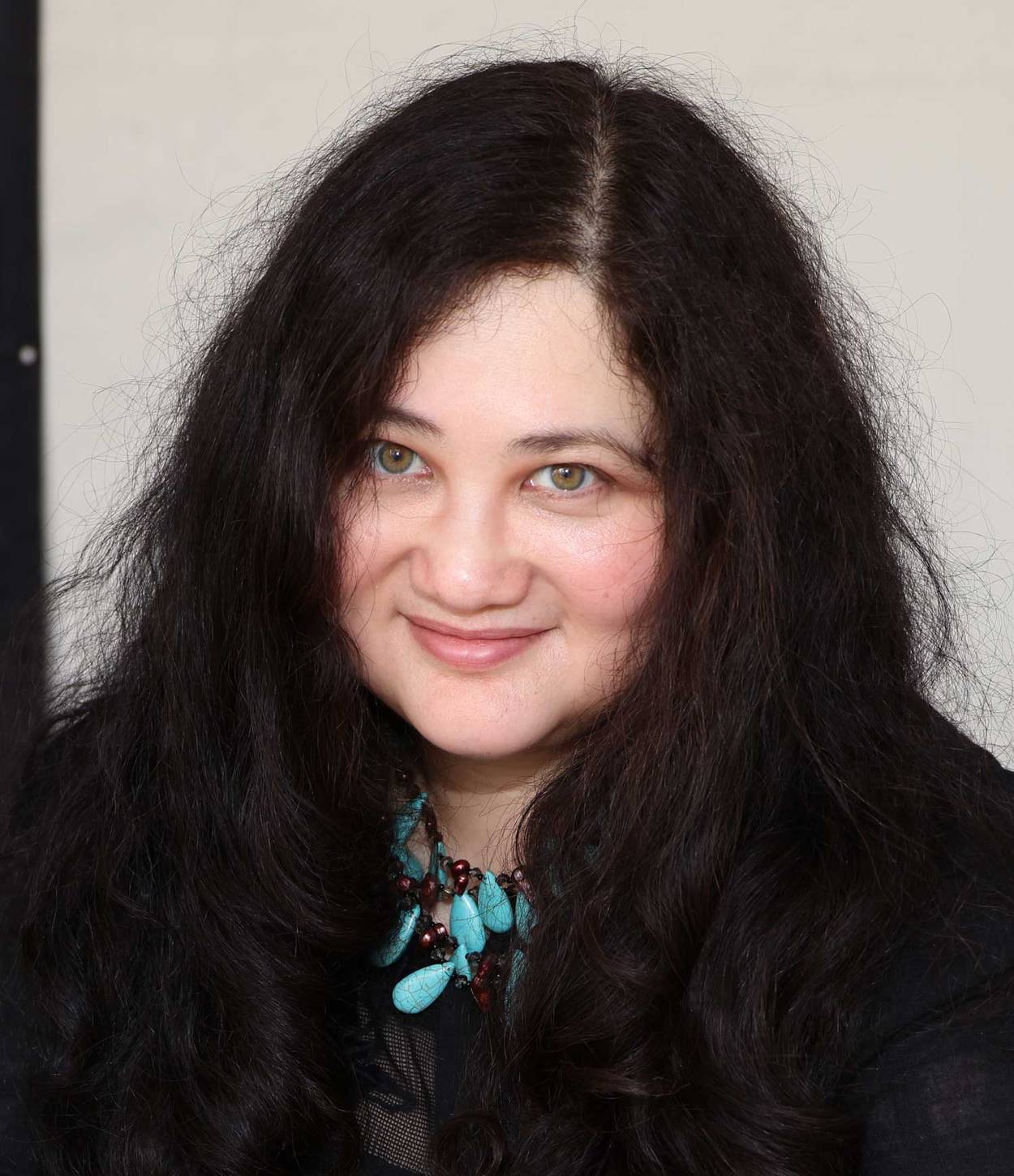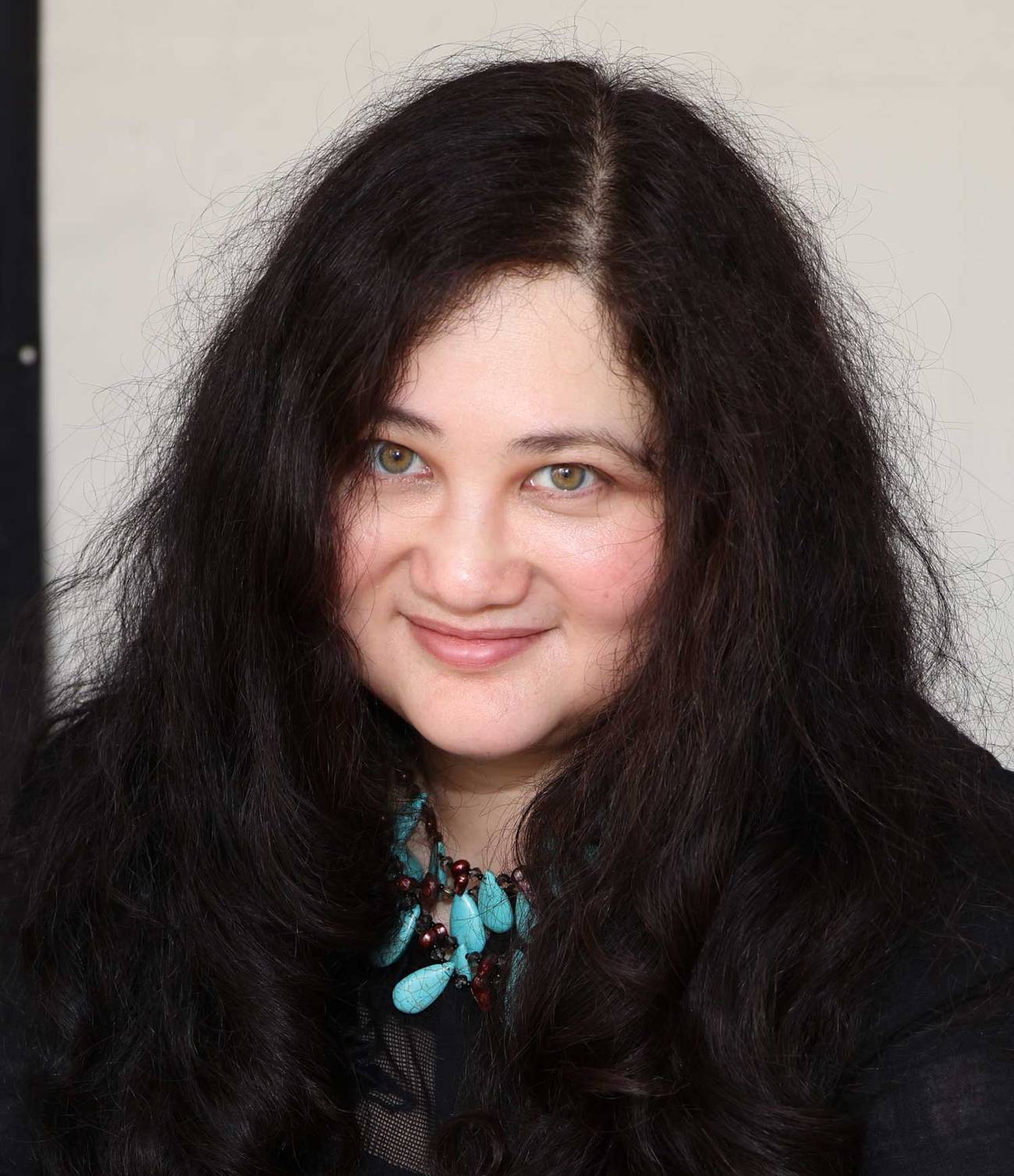Review-Bombing for Gaza
Popular fiction has become the newest front in the culture wars surrounding the support of Israel

David Livingston/Getty Images

David Livingston/Getty Images

David Livingston/Getty Images

David Livingston/Getty Images
Last December, in the heat of debates surrounding the Israel-Hamas war, the popular fantasy book subscription platform FairyLoot announced the publication of a special edition of Gabrielle Zevin’s bestselling novel Tomorrow, and Tomorrow, and Tomorrow. The announcement—a common marketing promotion on the platform offering fans a unique, exclusive edition of a favorite book—soon proved controversial. FairyLoot followers were quick to protest Zevin’s “Zionism” (her book includes many favorable references to Israel) and called for a reversal of the decision. Redditors joined in, providing additional proof of Zevin’s dangerous Zionist leanings. An old allegation regarding Zevin plagiarizing from a computer game resurfaced as well, despite the issue having seemingly been put to rest by The Washington Post.
FairyLoot didn’t fold under pressure. Instead, the platform’s leadership issued a follow-up announcement on Instagram and their website, in which they expressed support for Zevin’s work.
Still, the incident exposed the tumultuous, toxic practice of boycotts, blacklists, one-star reviews and personal attacks directed at Jewish, pro-Israeli authors in the wake of Oct. 7.
“I have known for years about antisemitism on campus. This is not new. What was new, in a sense, was the amount of hatred from young Americans brainwashed by TikTok,” says New York Times bestselling author Lisa Barr. The daughter of Holocaust survivors who formerly lived in Israel, Barr had centered the plot of her latest book, Woman on Fire, around a hunt for a Nazi-looted work of art. Her upcoming novel, The Goddess of Warsaw, explores Holocaust themes.
Since Oct. 7, Barr, who is active on Instagram, posted about Hamas’ massacre and called for the release of Israeli hostages. Within days, she had received dozens of hateful messages on the platform, the sources of which she promptly reported and blocked. Meanwhile, Woman on Fire mysteriously started receiving one-star reviews on the popular, Amazon-owned book platform Goodreads. “A whole group is trying to tank our books,” Barr says, referring to her work as well as other pro-Israel authors.
The phenomenon is known as rating-bombing or review-bombing; fake (or real) readers use one-star reviews to downgrade the overall rating of a book that had, for one reason or another, stirred the pot. Last December, review-bombing was widely covered as part of a juicy author controversy that shed light on Goodreads’ faulty algorithm and review policy—and yielded criticism that has largely been ignored by the platform.
Following the Oct. 7 events, this problematic practice has been widely deployed against writers like Barr and Zevin. Some of the most recent one-star reviews for Tomorrow, and Tomorrow, and Tomorrow, simply state “Zionist author” without further explanation. One review, from January 2024, goes into more detail: “I’m not sorry; I wanted to read your book and support you, but since you support killing innocent children and women, you can kiss my support goodbye,” writes user Genny Amr. “It’s not something trendy to be a Zionist; you should know better as someone supposed to be educated to have the right to publish a book.”
In some cases, Barr says, the targeted books hadn’t even been published yet, but only listed on Goodreads with a future publishing date. One author who, for obvious reasons, preferred not to be named, recently saw over 50 one-star reviews on a book that had yet to be released.
Some of the most recent one-star reviews for ‘Tomorrow, and Tomorrow, and Tomorrow’ simply state ‘Zionist author’ without further explanation.
Even for the most outspoken author, this tactic of review-bombing and intimidation can be discouraging. Since Oct. 7, celebrity author Jenny Mollen Biggs has been one of the loudest pro-Israel voices on Instagram, regularly sharing hostage stories and calling out antisemitism. Biggs has over 427,000 followers. “I was lucky to be in a position where I didn’t have to sell anything this year,” she says of her activism. “If I did, maybe I would have handled things differently.” Which isn’t to say that the author hasn’t received her fair share of online hatred—“usually from these wholesome looking mothers; privileged, liberal women who should be supporting other women,” she points out. “I probably marched with all of them at the women’s marches. It’s wild.”
Politically driven negativity directed toward Jewish authors with views ranging from pro-Israel to neutral has resulted in another unfortunate phenomenon: blacklisting. “I know that I’m on a list with other Jewish authors on TikTok,” says Barr, referring to the myriad calls to boycott, including actual lists and petitions, that have flooded the social media platform—as well as Instagram and X (formerly Twitter). The ways writers end up on the lists range from tweeting about hostages, to including a character serving in the IDF in one of their books, to not publicly wanting to liberate Palestine, to who knows what else.

Julie Kaplan Photography
Among those singled out, one can find well-known authors like J.K. Rowling, Taylor Jenkins Reid (whose 2017 bestseller, The Seven Husbands of Evelyn Hugo, is being adapted for Netflix) popular fantasy writer Rebbeca Yarros, and the author of the Percy Jackson series, Rick Riordan.
In response to blacklisting campaigns, a group of female Jewish writers have founded Artists Against Antisemitism, extending an open invitation to all creatives to join. “It literally came together around Oct. 15, in an Instagram chat of six authors,” Barr recalls. “Within days, that group of six turned into 35 authors, turned into 100 volunteers.” The group promptly held an auction, raising over $100,000 for Project Shema, an organization battling antisemitism.
“Had the events of Oct. 7th not happened, I probably would not have been part of an activist author Jewish group,” says Zibby Owens, one of the group’s founders. “But circumstances change.” But being part of the action, according to Owens, was uplifting. “I think it’s wonderful that so many authors have found each other at a time that can feel very isolating,” she says, adding that gathering and collaborating with other Jewish authors while “focusing on something that has clear action steps in a very uncertain time” was extremely valuable.
For Jenny Mollen Biggs, the project has become a revelation: “It’s been amazing, because I think, in the past, authors, especially women’s fiction, have tended to be pretty territorial,” she says. But now, the difficult atmosphere had “awoken something else” in fellow Jewish authors: solidarity and comradery. “It’s like, oh, yeah, I should blurb that girl’s book. I should help her out—it happens to just fall under the Judaism thing, right now,” Mollen says candidly. “I’ve seen people that haven’t always been so generous in the past really put themselves out there for other authors. And I love seeing that.”
With the hostages still in Gaza and the war still unfolding, it doesn’t look like the tension surrounding the topic of Israel—and the authors who support it in their fiction or on their social media captions—is going to die down anytime soon. As Artists Against Antisemitism is preparing for another function in the near future, Lisa Barr is doubling down on patience—and a sense of proportion. “I worry about my family, friends and colleagues in Israel 24/7—what is going on there is unfathomable,” she says. “What I am dealing with as an author is small potatoes. As a mother, and as a Holocaust survivor’s daughter, I will never be silent.”
Flora Tsapovsky is a San Francisco-based food and culture writer.